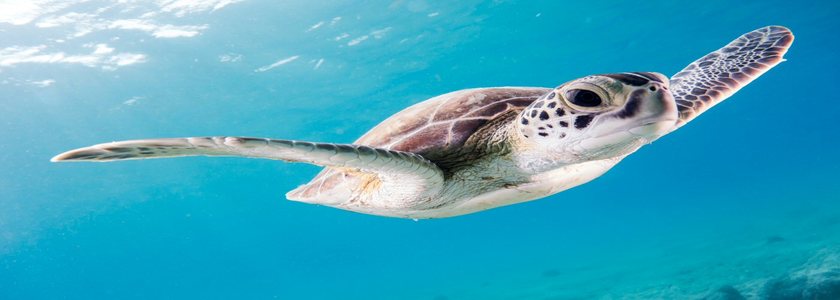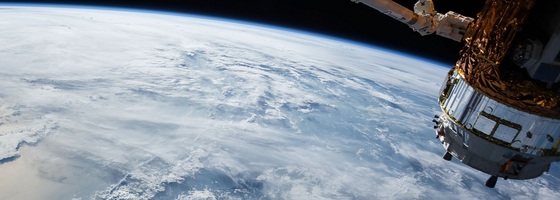

Wildlife Wednesdays: Sea Turtles
As climate change becomes a real issue, it has already impacted numerous animals across the globe. Sea turtles are already on the endangered species list, and the effects of climate change can have a devastating impact on these creatures. Sea turtles are different because they have BOTH marine and terrestrial habitats. Rising seas and more stormy weather associated with climate change can lead to the erosion of beaches, destroying their homes and where they lay their eggs.
Another impact from climate change is warmer beach temperatures. Sea turtles are reptiles and they need to rely on the temperature of the sand when it comes to laying eggs. Typically eggs in the lower, cooler part of the sand become males and eggs in the upper, warmer part of the sand become females. With increasing sand temperatures, scientists predict that there will be more females born than males. This creates a significant threat to genetic diversity, which can lead to extinction. Hotter sands can also cause complete nest failure. The beaches at Playa Grande on Costa Rica's Pacific coast have already produced nests that are 70-90% female. At Junquillal Beach on the Pacific coast, it is often too hot for eggs to hatch at all!
Lastly, warmer ocean temperatures in the future will lead to a negative impact on food supply for the sea turtles. Coral reefs, which are an important food source for sea turtles, are in great danger and have been depleting over time. Almost half of the coral reef ecosystems in the U.S. are in poor or fair condition. As a result of rising sea temperatures, coral reefs are already suffering from "bleaching" effects that kills off part of the reef. Since 2005, the Caribbean region has lost 50% of its corals. Furthermore, from 1997 to 1998 alone, mass bleaching is estimated to have caused death to 16% of the world's coral reefs.
https://conserveturtles.org/information-sea-turtles-threats-climate-change/






